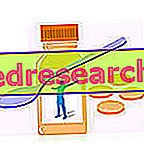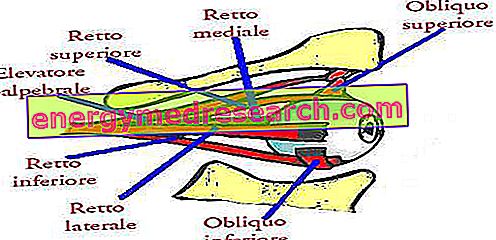This article aims to help the reader in the rapid identification of natural remedies useful in the treatment of various symptoms, disorders and pathologies. For some of the listed remedies, this utility may not have been confirmed by sufficient experimental tests conducted with a scientific method. Furthermore, any natural remedy presents potential risks and contraindications.
If available, we therefore recommend that you click on the link corresponding to the individual remedy to learn more about the topic. In any case, we remind you of the importance of avoiding self-treatment and to consult your doctor beforehand to ascertain the absence of contraindications and drug interactions.

Any substance with bacteriostatic function (inhibits the proliferation of bacteria) and / or bactericide (kills these microorganisms) is defined as antibiotic. The mechanism of action of the various antibiotics is quite varied; in fact, an antibiotic can act on the cell wall, on the cell membrane, interfere with the synthesis of nucleic acids, alter protein synthesis and finally modify the metabolism of the bacterium to hit. The most important antibiotics include: olendomycin, streptomycin, penicillin, tetracyclines, cephalosporins and terramycin.
Synonyms for Antibiotics
Antibiotic plants are also known as: Antibacterial, bacteriostatic, bactericidal, antiseptic, disinfectant.
Antibiotic medicinal plants and supplements with Antibiotic properties
Plants with essential oils (pine, lemon, mint, orange), Drosera, Burdock, Echinacea, Idraste, Pilosella, Garlic, juniper, Pilosella, Propolis, Tormentilla, American blueberry, bearberry.


